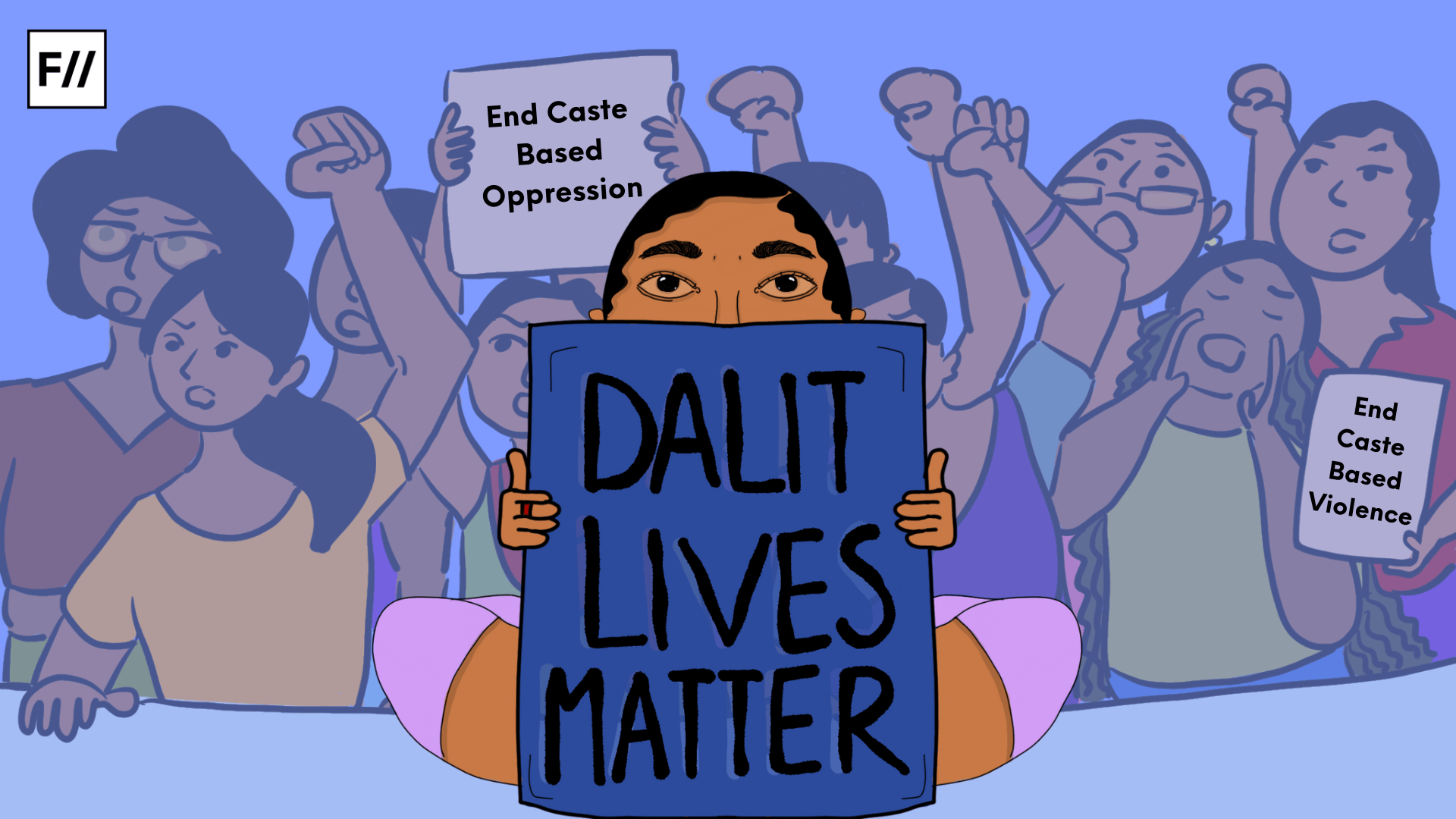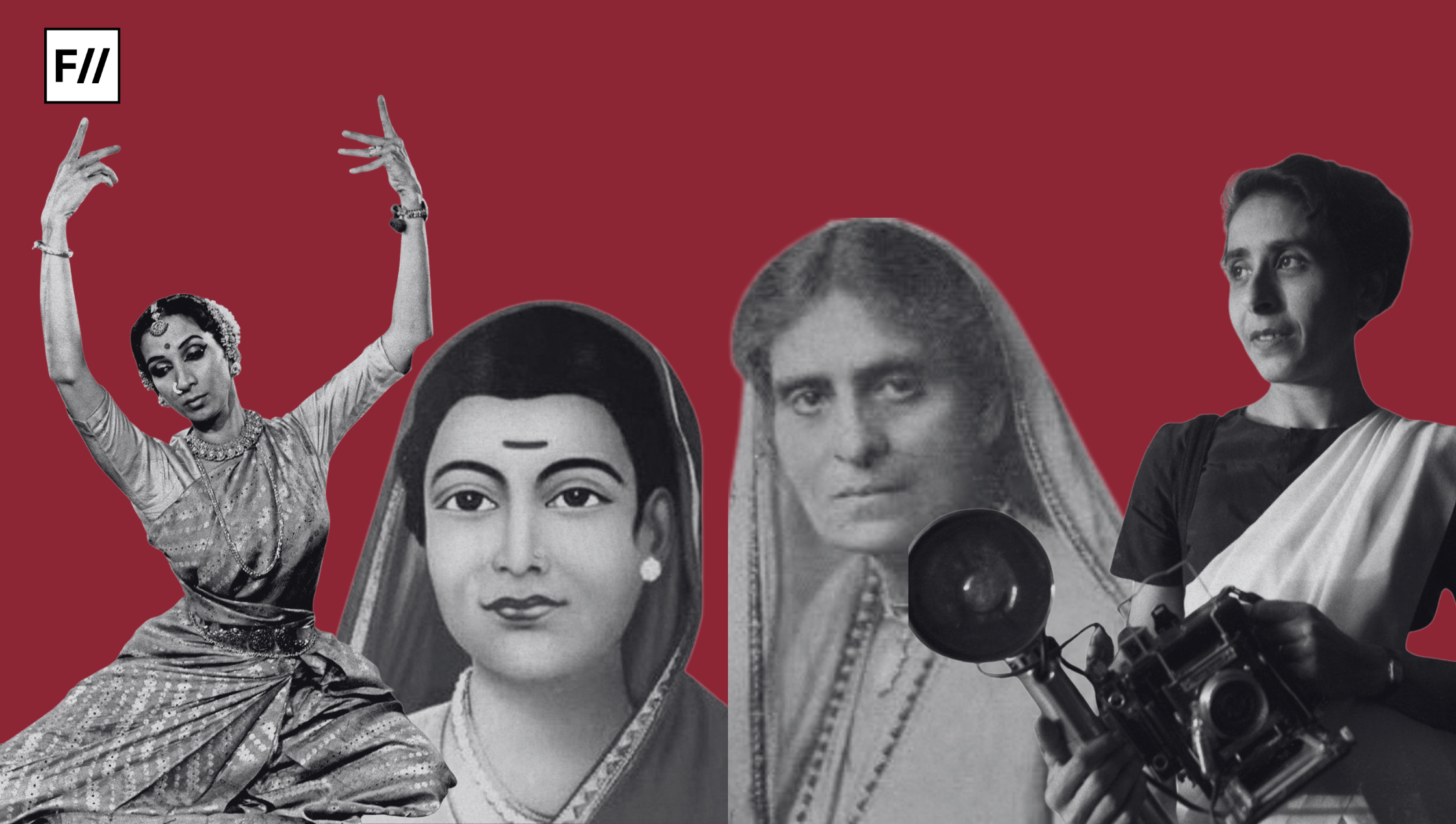Dalit History Month is observed throughout India and the world in April. Dalit History Month modelled after the globally recognised Black History Month, is held every year to highlight the history, political thought, and culture of marginalised castes.
Dalit History Month holds a symbolic importance for the community and allies and stands as a reminder to pay attention and address the caste-based discrimination, violence and marginalisation of the lowered castes present in the Hindu hierarchical Caste system.
For thousands of years Dalits, Bahujans, Adivasi and other marginalised castes have been subjected to systematic atrocities in various forms from segregation, physical violence, lynchings, mob violence, hate crimes, and verbal abuse, forcing them to subhuman levels. These systematic oppressions and atrocities manifest and seep to an institutional level from academic institutions, to corporates.
It is ironic that even with various constitutional reforms and policies by various governments the community still faces danger and violence today. The current government has become a hotspot for exacerbating the systematic oppression of minorities. The caste system is so entrenched that it is even practised in Indian prisons.
Caste discrimination and violence against Dalits is one of the longest and oldest social hierarchies that manifests in political, cultural and other entities also. Untouchability, though abolished by the Indian constitution, is still present in various forms in today’s Indian society. Intermarriages and interdining are still not practised. Labour and employment are still based on the caste system where marginalised castes are forced to perform the lowest of the jobs considered to be ‘dirty‘ like manual scavenging and cleaning.

It is ironic that even with various constitutional reforms and policies by various governments the community still faces danger and violence today. The current government has become a hotspot for exacerbating the systematic oppression of minorities. The caste system is so entrenched that it is even practised in Indian prisons.
To develop more enlightening and sincere Dalit discourse, this month is the opportunity to learn, unlearn, and recreate Dalit and other minorities’ history, narratives, testimonies, and experiences autonomously of Brahminical and Varna caste narratives and views.
Hence it is important to underscore and bring forth the systematic oppression and violence of the marginalised castes and to shed some light and create discourse around the revolutionary movements, peoples and stories from the community. To develop more enlightening and sincere Dalit discourse, this month is the opportunity to learn, unlearn, and recreate Dalit and other minorities’ history, narratives, testimonies, and experiences autonomously of Brahminical and Varna caste narratives and views.

Feminism In India is seeking entries for “Dalit History Month” in April 2024, intending to change the prevailing Brahminical and Varna discourse about Dalits and other caste minorities and create a Dalit narrative. We want to start conversations, shape and contribute to histories, and create a Dalit-exclusive discourse. We would encourage Dalit authors to write the pieces due to our strict anti-appropriation editorial policy.
Following are some tips and suggestions for your articles:
- Dalit Movements, Protests, Resistances
- Representation of Dalits in Institutions and establishments
- Political representation, representation in sports, films, pop culture and literature
- Looking at the films, books and pop culture through the Dalit gaze
- Historical movements of intersectionality (Disability, Sexuality, Gender, Religion, Class, Conflict)
- Oppression and violence against Dalit and Dalit women
- Gender-based violence against Dalit women and other genders
- Personal accounts
This list is not exhaustive and you may feel free to write on topics within the theme that we may have missed out on here.
Please refer to our submission guidelines before you send us your entries. You may email your submissions to shahinda@feminisminindia.com
We look forward to your drafts and hope you enjoy writing them!
Featured Illustration: Ritika Banerjee for Feminism In India
About the author(s)
Feminism In India is an award-winning digital intersectional feminist media organisation to learn, educate and develop a feminist sensibility and unravel the F-word among the youth in India.





Good post